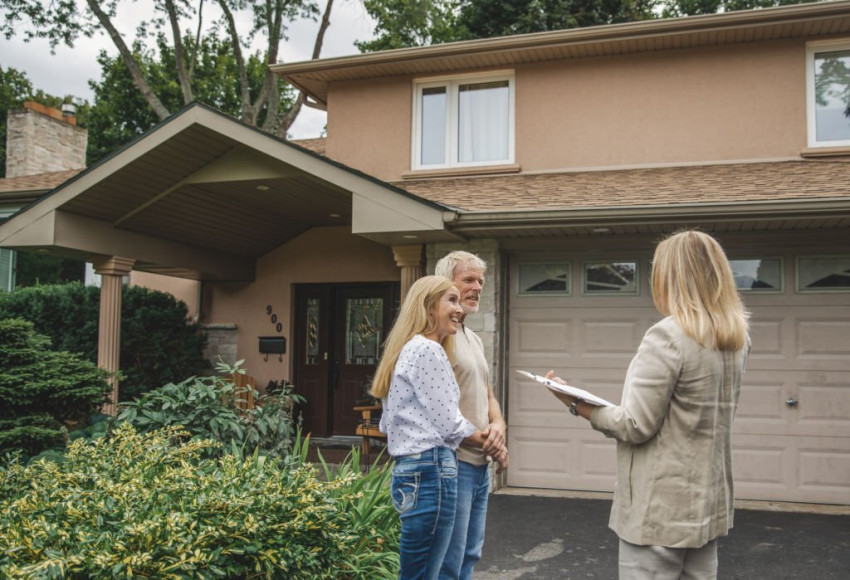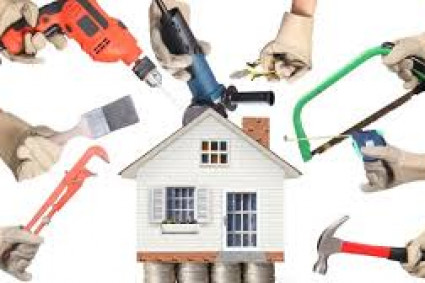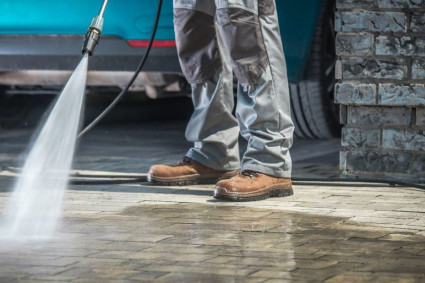
Purchasing a home is one of the biggest financial decisions you'll make. That's why it's critical to have a thorough property inspection before finalizing any real estate transaction in Arizona. A comprehensive inspection can potentially save you thousands of dollars down the road by identifying issues early on. Here's an overview of the comprehensive approach to property inspections in Arizona.
Choosing the Right Inspector
Not all home inspectors are created equal. It's important to pick one licensed, experienced, and reputable. Ask friends or your real estate agent for recommendations. Look for an inspector who has been doing inspections for 5+ years and is familiar with Arizona's climate and common regional issues. Verify they carry errors and omissions insurance in case they miss something major. You want someone who will take the time to thoroughly inspect all areas and systems of the home, not just breeze through it in an hour.
What a Comprehensive Inspection Entails
A comprehensive property inspection in Arizona will examine all physical aspects of the home inside and out. This includes the roof, attic, exterior, foundation, basement, crawlspace, electrical, HVAC, plumbing, walls, ceilings, floors, windows, doors, insulation, and more. The inspector will use specialized tools and testing procedures to evaluate each component and check for defects, wear and tear, code violations, and potential safety hazards. Expect the inspection to take 2-3 hours for a typical single-family home. The inspector will provide a detailed written report with photos documenting any issues found.
Focus Areas for Arizona Homes
Certain elements deserve special attention when inspecting a home in the Arizona climate:
Roof:
With little rain but extreme heat, roofs in Arizona take a beating. Inspectors will check for cracked/missing shingles, poor drainage, water stains, and other signs of wear. Tile roofs last longer than asphalt shingles in Arizona but still require maintenance.
Cooling System:
Summers in Arizona are brutally hot, so a high-quality AC unit is essential. The inspector will determine the age/condition of the system, examine ductwork, test airflow, and check refrigerant levels. Evaporative coolers are common but may not provide adequate cooling on their own.
Pool/Spa:
With many homes featuring pools, inspectors check water circulation, filters/pumps, auto-cleaners, lighting, surfaces, safety barriers, and equipment conditions. Drainage around the pool is also important.
Plumbing:
Hard water is prevalent in Arizona, so inspectors check water pressure, fixtures, supply lines, and waste pipes for hard water buildup, leaks, and clogs. Water softeners help but require regular maintenance.
Foundations:
Arizona's clay-rich soil can cause foundations to shift and settle. Inspectors look for large cracks in walls, separation of walls from ceilings, sticking doors/windows, and unleveled floors. Improper drainage can also undermine foundations over time.
Mold/Mildew:
Arizona's warm, damp monsoon season creates ideal conditions for mold growth. Inspectors check attics, basements, bathrooms, and under sinks for any visible mold or moisture intrusion issues. This is especially important for those with allergies/asthma.
Pests:
Scorpions, termites, and other pests are common AZ home invaders. Inspectors look for signs of infestations and conducive conditions like moisture issues, gaps in siding, and piles of wood debris. Perimeter pest control treatments are a good preventative measure.
Getting the Most from Your Inspection
To maximize the value of a property inspection, here are a few tips:
Attend the inspection:
This allows you to see issues first-hand and ask the inspector questions. If unable to attend, request permission to do a walkthrough after.
View all photos/notes:
Carefully examine the inspector's report. Follow up on any areas of uncertainty or concern. Use it to negotiate repairs or price reductions.
Prioritize critical repairs:
Address serious issues like roof leaks, faulty electrical, foundation cracks, drainage problems, etc. before taking occupancy.
Budget for future repairs:
Set aside funds to replace older systems like the AC, water heater, and appliances that are nearing the end of their lifespan.
Consider specialist inspections:
For older homes, you may want special inspections for asbestos, lead paint, radon, and pests. This depends on the home's age and location.
A comprehensive inspection provides invaluable information to buyers on a home's physical condition. While not foolproof, it can give you peace of mind in your investment or help you avoid costly surprises down the road. When purchasing a property in Arizona, don't skip this important step.
Questions to Ask Your Arizona Home Inspector
To get the most out of your property inspection, come armed with targeted questions for the home inspector. Here are some important ones to ask:
- What are the approximate ages of the major systems like the roof, AC unit, electrical panel, water heater, and appliances? Knowing the ages helps gauge how much life they have left before needing replacement.
- Have there been any recent repairs or replacements done? If so, request documentation to ensure they were permitted and done properly.
- Are there indications of roof leaks or water intrusion in the home? Staining, mold, and peeling paint can reveal problem areas. Leaky roofs demand immediate repair.
- Could you detect any sagging, slopes, or shifts in the home's foundation? Minor cracks are common in Arizona but major shifts suggest foundation issues.
- Are there any noticeable gaps, cracks, or holes on the exterior that create entry points for pests? Arizona's scorpions can squeeze through astonishingly small gaps.
- Did you notice any symptoms of termite infestation like mud tubes or wood rot? Termites are rare but extremely destructive when they do occur.
- Are the home's various systems adequately sized for the square footage? This includes HVAC, electrical, plumbing, gas lines, etc. Undersized systems can't maintain livable conditions.
- Do you recommend any additional specialist inspections? For example, a sewer scope, radon test, chimney inspection, or pest examination? Specialists dive deeper than a generalist can.
You can gain more technical insights by soliciting the inspector's professional opinion on these aspects of the property. Don't be afraid to ask follow-up questions and have them clarify anything you don't understand. Being an informed buyer will pay dividends in the purchase process.




